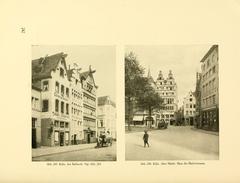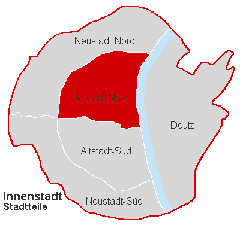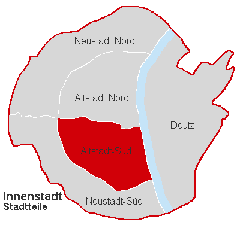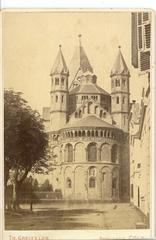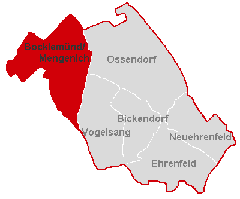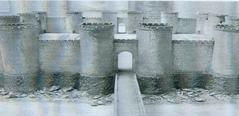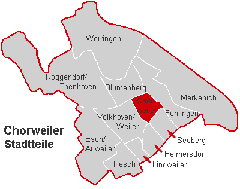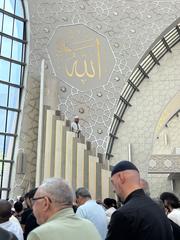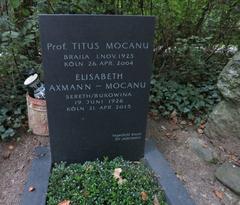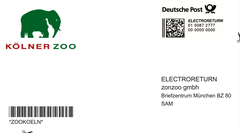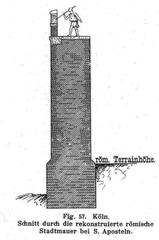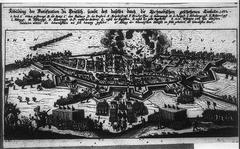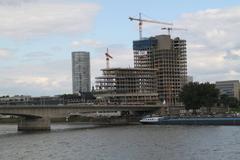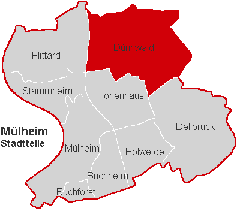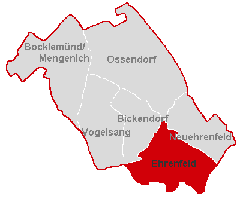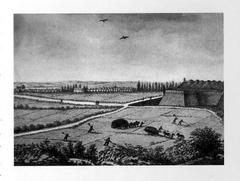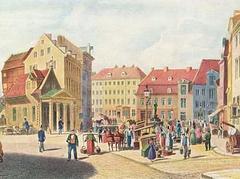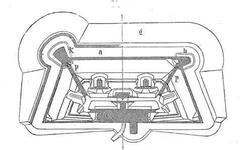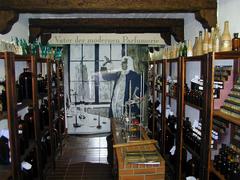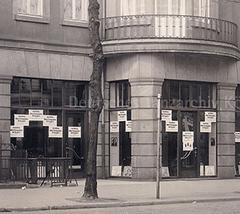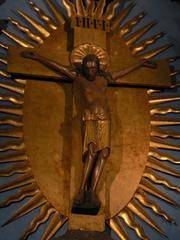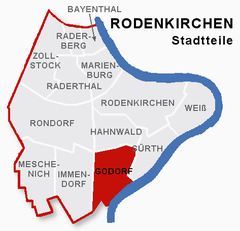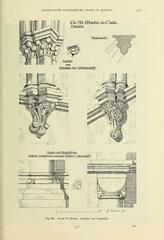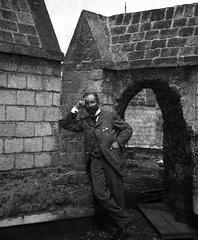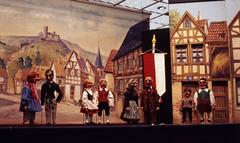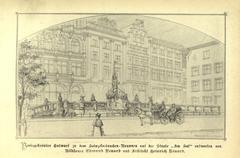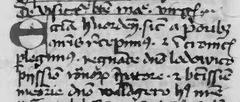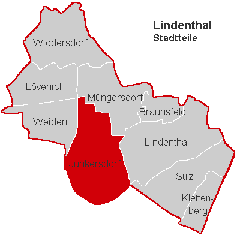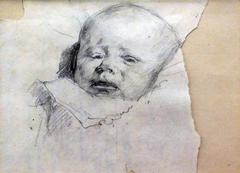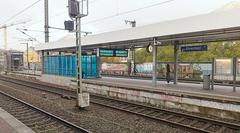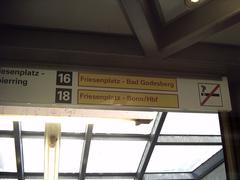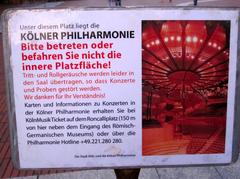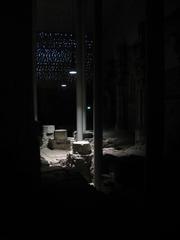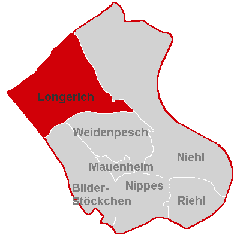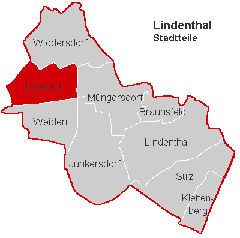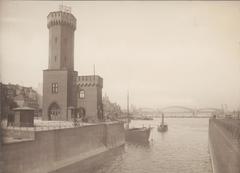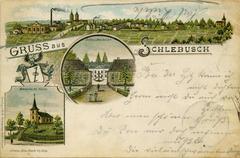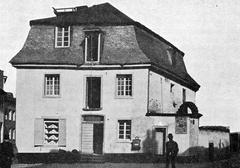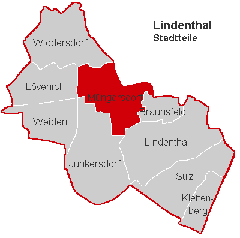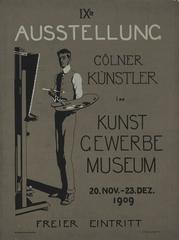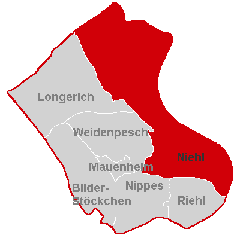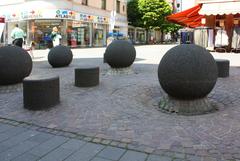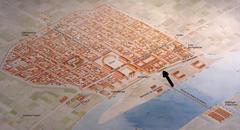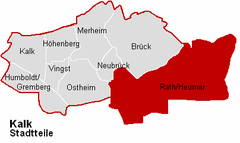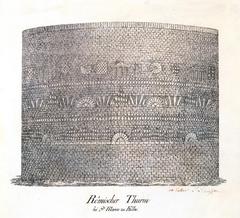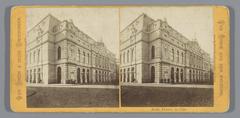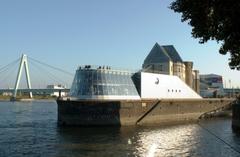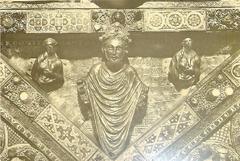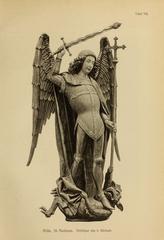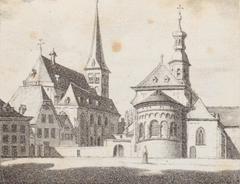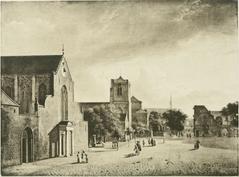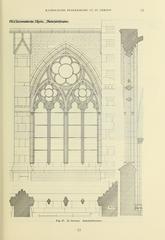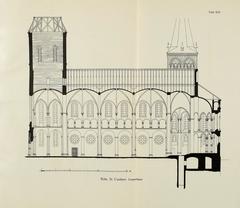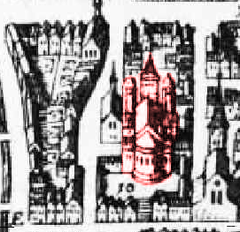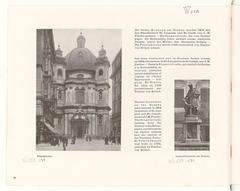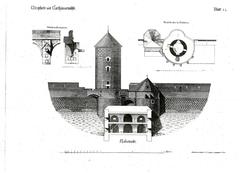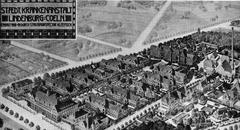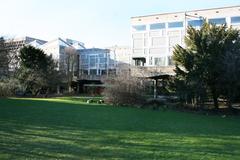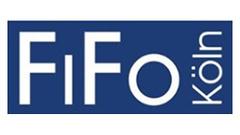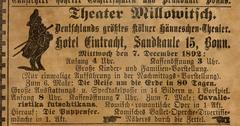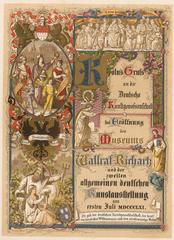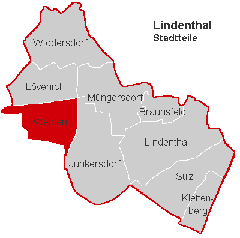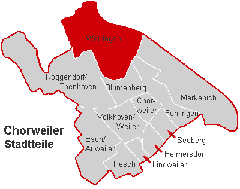Comprehensive Guide to Visiting Rosengarten, Cologne, Germany
Date: 24/07/2024
Introduction
Beyond its botanical allure, the Rosengarten serves as a cultural and social hub, attracting both locals and tourists. It offers a serene retreat from the city’s hustle and bustle, making it a favored spot for leisurely strolls, picnics, and photography. The garden also plays a vital role in community engagement, hosting a variety of events and educational programs that promote horticultural knowledge and environmental conservation (Cologne Tourism).
The Rosengarten’s design harmoniously blends formal and informal elements, featuring interconnected rose beds, grand pergolas, and soothing water features. Its commitment to sustainable gardening practices and biodiversity conservation further enhances its appeal, making it a model for sustainable urban gardening. With year-round accessibility and a range of visitor amenities, the Rosengarten promises a memorable experience for all who visit (Flora and Botanical Garden).
Table of Contents
- Exploring Rosengarten in Cologne
- Historical Significance
- Development and Evolution
- Botanical Significance
- Cultural and Social Impact
- Architectural and Design Elements
- Conservation and Sustainability Efforts
- Visitor Experience and Amenities
- Accessibility and Visitor Information
- Seasonal Highlights and Events
- Educational Programs and Research
- Ticket Prices and Visiting Hours
- FAQ
- Ultimate Guide to Visiting Rosengarten
- Conclusion
- References
Exploring Rosengarten in Cologne
Historical Significance
The Rosengarten, established in the early 20th century, showcases Cologne’s rich horticultural heritage and its dedication to preserving natural beauty within an urban environment. The garden’s historical significance is rooted in its role as part of Cologne’s broader urban planning initiative aimed at enhancing green spaces.
Development and Evolution
Initially conceived in the 1920s, the Rosengarten’s development was influenced by the Garden City movement. Following World War II, the garden underwent significant restoration and expansion in the 1950s, introducing new rose varieties and enhancing infrastructure.
Botanical Significance
Home to over 10,000 rose bushes representing more than 500 species and cultivars, the Rosengarten’s collection includes both historical and modern varieties. The garden’s heritage roses, which include rare and endangered species, are of particular botanical significance due to their genetic diversity and historical lineage.
Cultural and Social Impact
Serving as both a tranquil retreat and a hub for community engagement, the Rosengarten hosts events and educational programs, enhancing local cultural and social life. It is a favored spot for leisurely strolls, picnics, and photography.
Architectural and Design Elements
The Rosengarten’s design blends formal and informal elements, featuring interconnected rose beds, grand pergolas, and water features. Classical architectural elements such as stone balustrades and ornamental urns enhance its timeless elegance.
Conservation and Sustainability Efforts
Committed to sustainable gardening, the Rosengarten employs organic methods for pest control and soil management. The garden’s irrigation system conserves water through rainwater harvesting and efficient drip irrigation techniques. Efforts to promote biodiversity include companion planting with species like lavender and marigolds.
Visitor Experience and Amenities
The Rosengarten offers well-maintained pathways, seating areas, and informational signage. Guided tours led by knowledgeable horticulturists provide in-depth insights into the garden’s history and botanical significance.
Accessibility and Visitor Information
The Rosengarten is easily accessible via public transportation and is open year-round. Admission is free. For updated information on events, guided tours, and educational programs, visitors should check the garden’s official website.
Seasonal Highlights and Events
Each season offers unique experiences at the Rosengarten. Spring and summer showcase vibrant blooms, while autumn features warm foliage hues. Winter offers a serene atmosphere. Seasonal events include rose hip harvesting and horticultural workshops.
Educational Programs and Research
The Rosengarten collaborates with local universities and botanical institutions on research and offers workshops on rose care, pruning, and organic gardening, empowering home gardeners with practical knowledge.
Ticket Prices and Visiting Hours
The garden typically opens at 9 AM and closes at 7 PM, with free admission. Hours may vary by season.
FAQ
What are the Rosengarten visiting hours? The garden generally opens from 9 AM to 7 PM, but it is advisable to check the official website for the most up-to-date hours.
Are there guided tours available? Yes, guided tours are available and led by knowledgeable horticulturists.
What is the best time to visit Rosengarten? The best time to visit is during the peak blooming season in the summer, though each season offers unique charm.
How can I get to Rosengarten? The Rosengarten is easily accessible via public transportation. Check local transit routes for the best options.
Ultimate Guide to Visiting Rosengarten
Best Time to Visit
Visit during spring and summer (April to August) for the best floral displays. Mild and pleasant weather makes it ideal for outdoor activities.
Getting There
Public transportation via Kölner Verkehrs-Betriebe (KVB) is efficient. Consider purchasing the KölnCard for free transportation and discounts on attractions (KVB).
What to Wear
Dress appropriately for the weather with lightweight clothing in summer and a waterproof jacket or umbrella for sudden rain showers.
Sun Protection
Use sunscreen, wear a hat, and use sunglasses to protect against UV rays.
Photography Tips
Visit early in the morning or late in the afternoon for the best light. A macro lens is useful for capturing details.
Guided Tours
Consider joining a guided tour for deeper insights into the garden’s history and plant species.
Picnicking
Designated picnic areas are available. Bring a blanket, snacks, and water, and remember to clean up after yourself.
Nearby Attractions
Explore nearby attractions like Königsforst Nature Reserve and Drachenfels hilltop for hiking and panoramic views.
Dining Options
Nearby dining options range from traditional German cuisine to international dishes. Historic brewhouses like Brauhaus zur Malzmühle offer local Kölsch beer (Brauhaus zur Malzmühle).
Accessibility
The garden is wheelchair accessible with well-maintained pathways and accessible restrooms.
Safety Tips
Keep an eye on your belongings and ensure children stay within sight.
Weather Considerations
Cologne’s weather can be unpredictable. Check the weather forecast before your visit.
Cultural Etiquette
Respect local customs by greeting people with “Guten Tag” or “Hallo” and tipping around 10% when dining out.
Souvenirs
The garden’s gift shop offers various items, including rose-scented candles and soaps.
Environmental Responsibility
Use designated recycling bins and avoid disturbing the plants to help preserve the garden.
FAQ
What are the opening hours of Rosengarten? The garden is open daily from 9:00 AM to 6:00 PM.
How much are the tickets? Ticket prices are €5 for adults, €2.50 for children (6-14 years), €3 for seniors (65+), and €12 for a family pass (2 adults + 2 children).
Is Rosengarten accessible for visitors with disabilities? Yes, the garden is accessible with well-maintained pathways and accessible restrooms.
Conclusion
In summary, the Rosengarten in Cologne is a cherished public space that combines historical significance, botanical diversity, and cultural value. Its commitment to conservation, education, and community engagement makes it a vital part of Cologne’s urban landscape and a must-visit destination for anyone interested in the beauty and science of roses. Whether you’re a local or a tourist, the Rosengarten provides a tranquil escape and a deeper understanding of the intricate world of roses (Cologne Cathedral).
